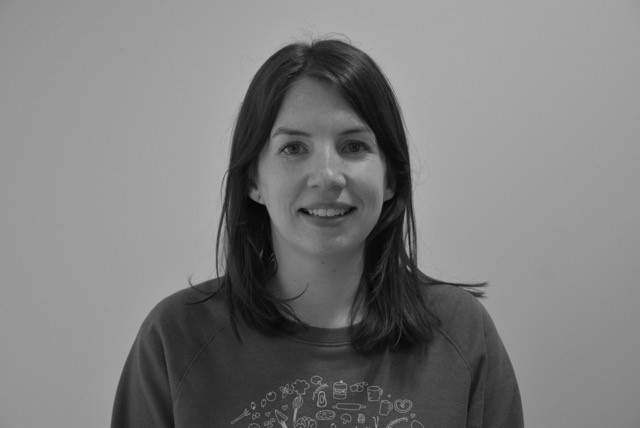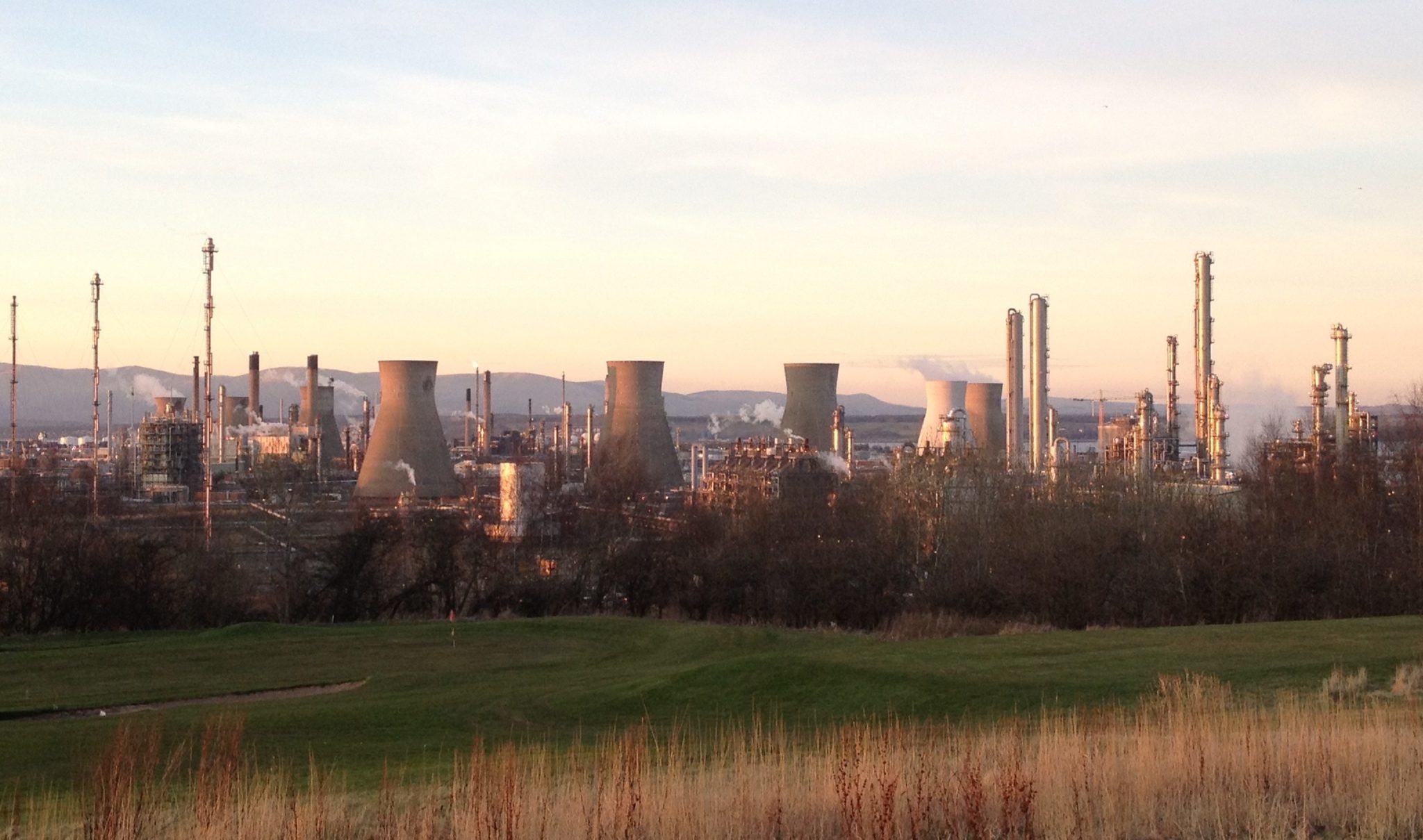Hi, I’m Sarah Moyes and I’m Friends of the Earth Scotland’s Plastic and Circular Economy Campaigner based in Edinburgh.

FoES is Scotland’s leading environmental campaigning organisation and we exist to campaign, with partners in Scotland and across the globe, for a just transition to a sustainable society. We are part of Friends of the Earth International - the world’s largest grassroots environmental network, uniting 75 national member groups, over 2 million members, and 5,000 local activist groups around the world. I’ve been at FoES for 15 months and my work so far on plastic has focused on tackling plastic pollution in Scotland as part of wider work on a circular economy. I’ve also been focusing on incineration and drawing the link between fracking in America and plastic production in Scotland.
Why is plastic pollution an important issue for your organisation? What’s the story?
Scotland is the home of plastic production, with Ineos' petrochemical plant, the largest producer of plastic in the UK, situated in Grangemouth. Since 2016, Ineos has imported large volumes of fracked gas from the US to Scotland to make plastic which currently undermines the Scottish Government’s current ban on fracking in Scotland. Plastic pollutes at every stage of its life cycle so if we are to seriously tackle the climate crisis then we need to address our production and overconsumption of plastic. At the same time, like many countries around the world, we are seeing a rise in plastic pollution as a direct result of our throwaway culture which is blighting our environment and harming our wildlife.
Tell us more about your ongoing campaigns.
Over the past few months, I have been focusing on incineration in Scotland. My research has found that Scotland plans to increase incineration capacity to burn at least an extra one million tonnes of waste per year through six new incinerators, and there are a further four under consideration. So Friends of the Earth Scotland is now calling for a moratorium on building new incinerators so our incineration capacity doesn’t spiral even more out of control.
Our current focus is on the EU Single Use Plastic Directive. The Scottish Government is currently consulting on plans to ban the most environmentally harming single-use plastic items and we have launched a campaign to help people respond to the consultation. As well as advocating for a full ban on the items included in the list, we are also pushing for the Scottish Government to go further to tackle plastic pollution in Scotland.
When did your organisation become a core member of BFFP? What does it mean for your organisation to be part of the BFFP movement?
Friends of the Earth Scotland became a member of BFFP at the end of 2019. As one of only a few campaigners working on plastic in Scotland, the BFFP movement has been a key part of my campaigning. It has given me the opportunity to collaborate and learn from some incredible campaigners and groups across the world in our fight against plastic.
What is the most ridiculous plastic product or packaging that you have seen?
It still blows my mind that individual fruit comes wrapped in plastic.
I’ve seen pictures before of a peeled orange in a plastic container, and when I was in Thailand last year I found this individual pepper wrapped in plastic. I thought it was bad enough that in Scottish supermarkets sell packets of three peppers in plastic, but this one was a step even further for unnecessary plastic packaging.
What do you find shocking in the plastic waste landscape that you think everybody should know about?
We often focus a lot on what happens to plastic at the end of its life. And rightly so because it causes huge environmental problems, but I think everyone needs to understand that most plastic is derived from fossil fuels and plastic production is a huge contributor to climate change. Yes, having cleaner beaches and environments is needed, but ultimately, the more plastic we make, the more emissions we release into the atmosphere.
Thank you to Sarah Moyes, Plastic and Circular Economy Campaigner at Friends of the Earth Scotland, for taking the time to answer these questions.





